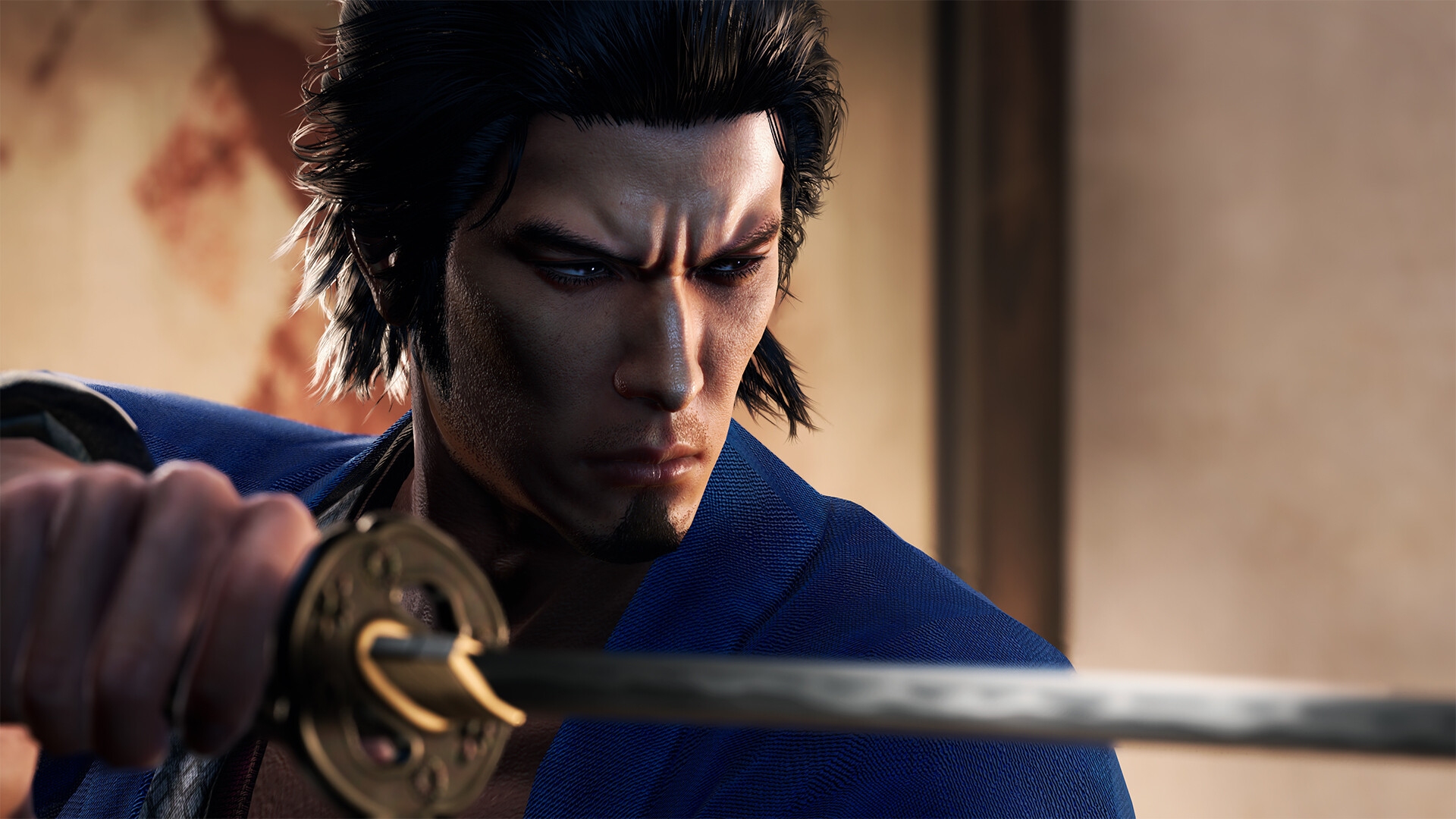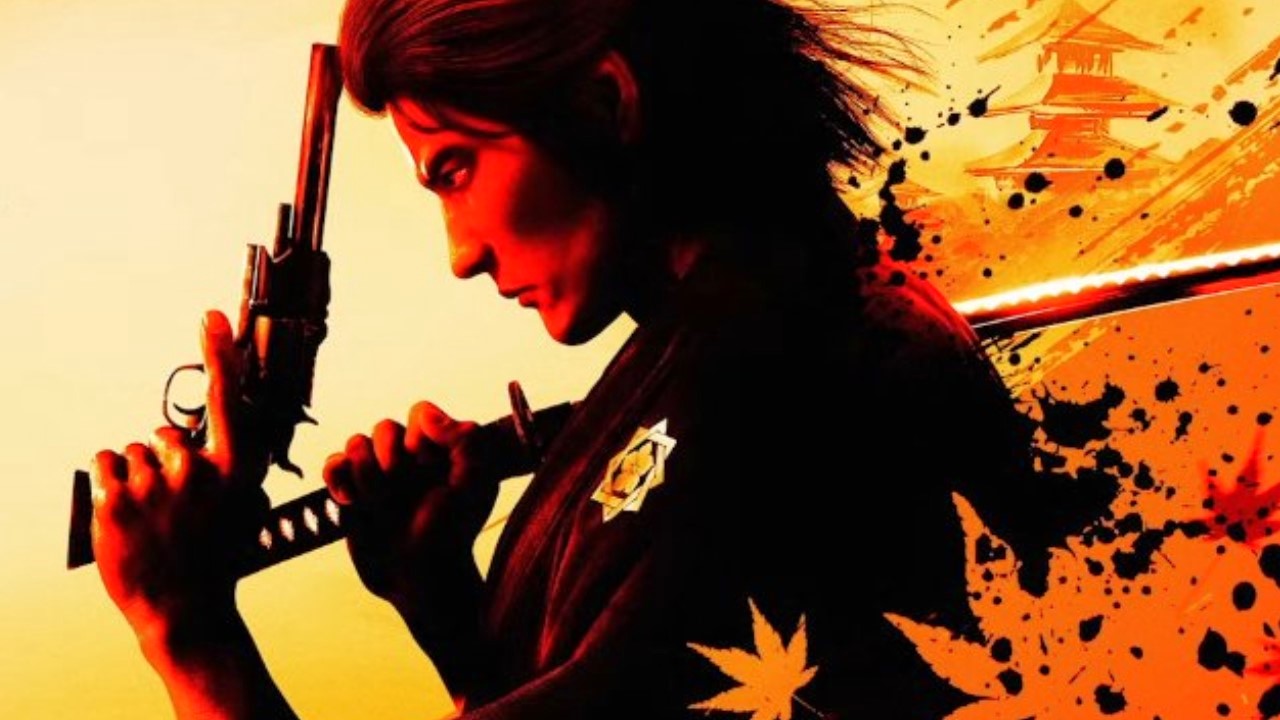

I was less inspired by the environment itself, however. Constantly pausing dialogue in Ishin’s opening hours in order to consult the in-game glossary (along with Google) to help fill in the gaps did upset the rhythm of the storytelling somewhat, but over the course of my 30-hour playtime I learned to distinguish a goshi from a joshi, and ultimately came away feeling more enlightened about a crucial period in Japanese history that I previously knew very little about. That said, even with the translated subtitles turned on, there are a great deal of period-specific references to regions, religions, and regiments that I found to be almost impenetrable early on. That may be considered a negative to some, but personally I like experiencing these stories with dialogue delivered in the characters’ native tongue, and it seems even more appropriate in this case given that Ishin takes place at a time when Japan was still largely sheltered from Western influences. Unlike recent releases from developer Ryu Ga Gotoku that feature English voice casts like Yakuza: Like a Dragon and Lost Judgment, Ishin can only be played with the original Japanese audio with subtitles. Still, my fondness for him helped me buy into his plight almost immediately, and although Ishin’s story beats are similar to those featured in several other Yakuza games, setting its figurative (and literal) backstabbing against the backdrop of a potential Japanese civil war made the stakes feel higher than those surrounding the typical turf battles. I must admit that even as a longtime fan it initially got a little confusing when Kazuma Kiryu playing Sakamoto Ryoma went undercover as Saito Hajime in order to infiltrate the Shinsengumi police force.

#LIKE A DRAGON ISHIN WALLPAPER SERIES#
Thus its protagonist Sakamoto Ryoma, a disgraced ronin out to avenge the murder of his adoptive father, is clearly just series stalwart, Kazuma Kiryu, right down to his permanent scowl and unwavering sense of justice. The events of Like a Dragon: Ishin! may take place in 1860s Kyoto and feature characters loosely based on real historical figures, but most of the roles in its main cast are filled with a host of recognisable faces from other Yakuza games. It appears you can take the Yakuza story out of the streets of modern Tokyo, but you can't take the modern gangsters out of the Yakuza story.


 0 kommentar(er)
0 kommentar(er)
